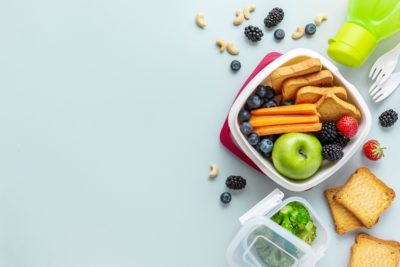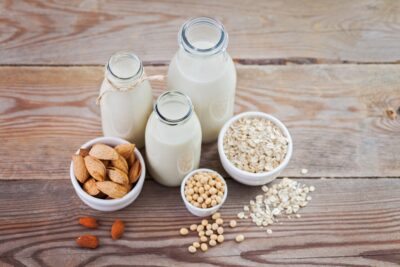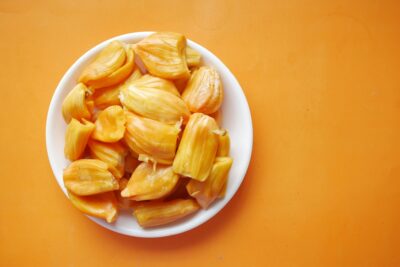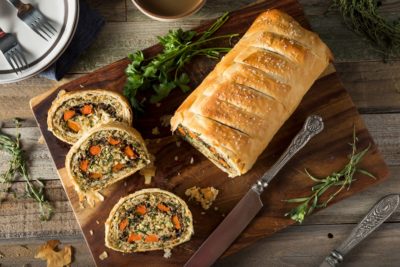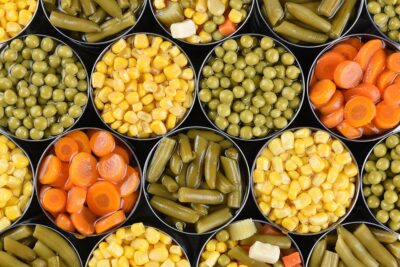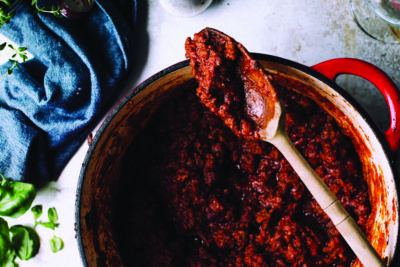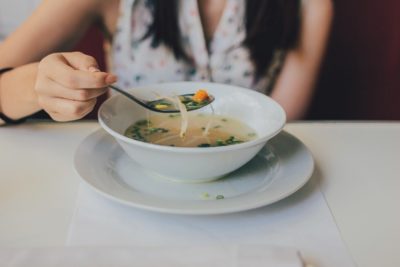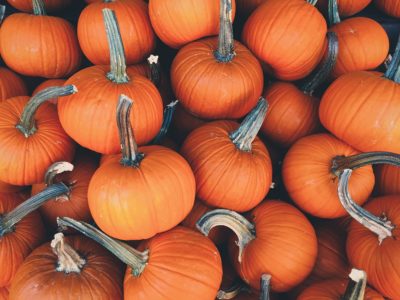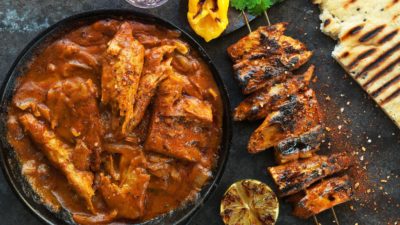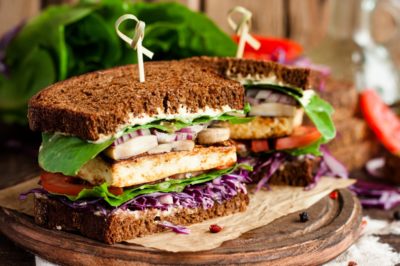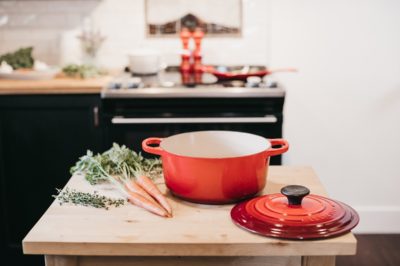What will it take to make our food system truly animal-free? In this blog, Rebecca Knowles explores the principles of ‘veganic’ farming.
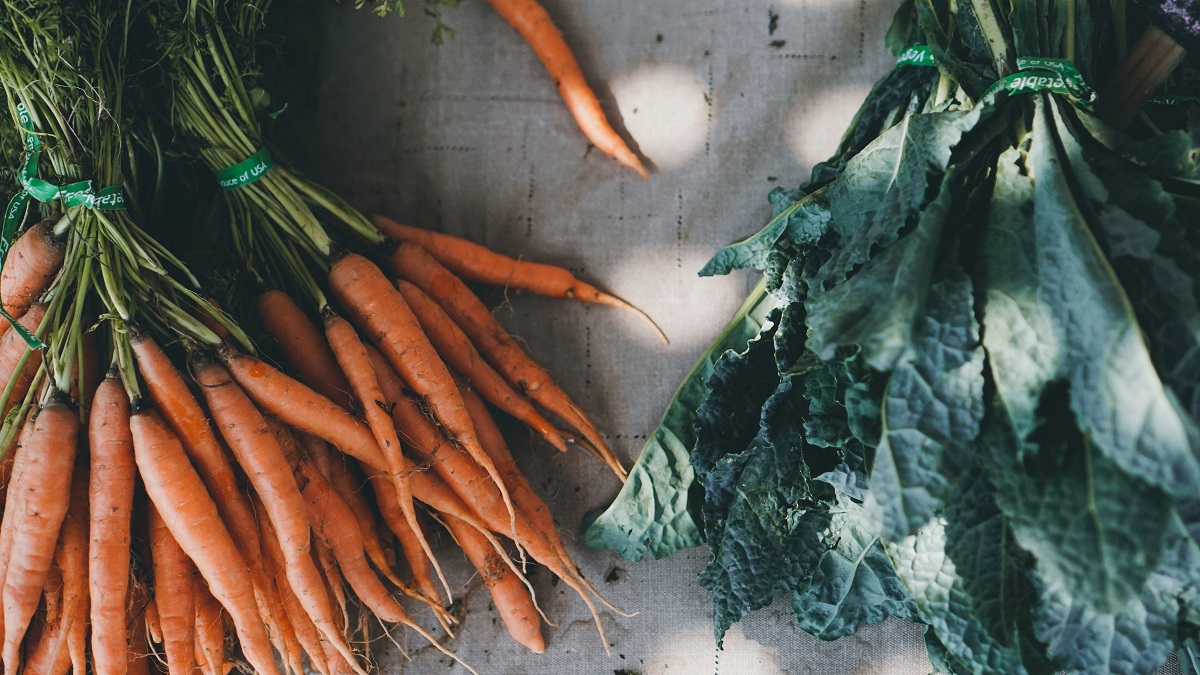
The cruel practices involved in animal agriculture and the havoc it wreaks on the environment are becoming more widely understood. More people than ever are trying vegan to prevent animal suffering and protect the environment, and Veganuary 2021 saw over 580,00 people embrace plant-based life.
However, it’s revelatory to discover that much of the vegan food we eat has been produced using animal by-products such as manure. But what alternatives are out there?
The Veganic Solution
Fortunately, there is a solution in the form of veganic (“stock-free” organic) agriculture: a ‘closed-loop’ form of growing that mimics the natural world by using no inputs from animal agriculture and no agrochemicals.
In a natural habitat, such as a patch of native woodland, everything grows in healthy abundance and balance. We don’t have to worry about lethal, excess nutrient run-off into water ways, or the release of harmful greenhouse gases into the air, nor do we think that a few trampling, pooping farmed animals in there would make things even better! Nature has it covered. This is this system that veganic farming aims to replicate.
Veganic farming fertilises crops, boosts soil organic matter, maintains healthy soil life, nurtures biodiversity, and controls “pests” by natural, on-farm, means, such as:
- Green manures, including nitrogen-fixing clover or vetch, are grown along with or in rotation with main crops to provide natural fertiliser
- Mulching (covering the soil with organic materials such as cut grass, straw, wood chips, or dead leaves) suppresses weed growth and helps the soil retain moisture whilst feeding soil life
- Composting provides a rich addition to the soil to boost plant health, growth, and yields
- Constant ground cover prevents soil erosion and the loss of moisture and biodiversity
- Increased biodiversity, and a diverse and dynamic habitat, ensures a healthy balance of predators feeding on pests and maintaining nature’s equilibrium
- Minimum or no tillage maintains soil structure and organic matter, reduces compaction, increases soil biodiversity, and eliminates the carbon dioxide emissions that ploughing creates
- Humus soil, produced by leaving compost to age over many years, provides a rich medium, without water-soluble nutrients, that supplies the plants with what they need, when they need it, with zero leaching of nutrients. Humus replicates woodland soil resulting in optimum plant health and growth which, according to Dr Eisenbach, produces yields three to four times higher than the literature predicts for organic farming.
A Growing and Thriving Network
Tolhurst Organic farm in England is living proof of the power of veganics. “Stock-free” organic for thirty years, they produce more than 120 tonnes of vegetables a year from just nineteen acres, supply 400 families, and pay five full-time staff a living wage. Their carbon footprint is on a par with that of an average family household. Lazy Meadow Farm is another British farm embracing the veganic values.
The Biocyclic Vegan Standard (BVS) certifies farmers and growers throughout Europe and Canada. From cereals to beans, oranges to vineyards, and vegetables to olive groves the network of certified BVS producers is growing weekly. Laurence Candy, a farmer in transition from organic beef and dairy to veganic cereal growing, will be the first UK farmer to certify with the BVS.
For more information, visit Rebecca Knowles’ organisation Farmers For Stock-Free Farming and Vegans for Veganics.


